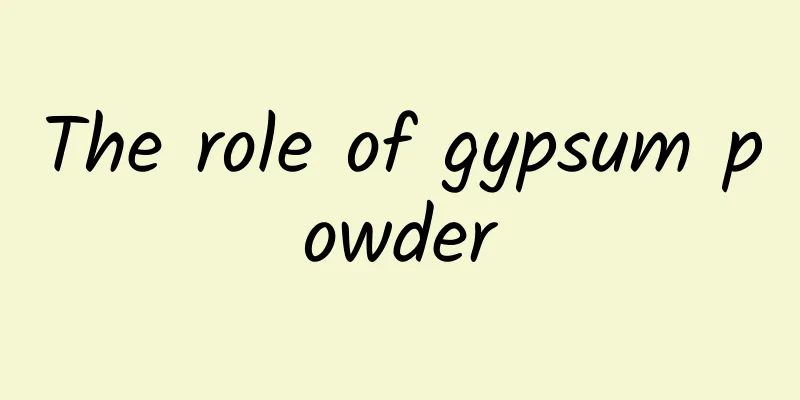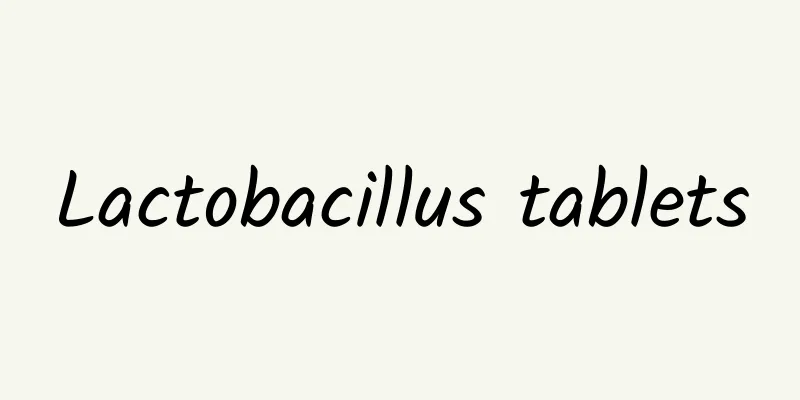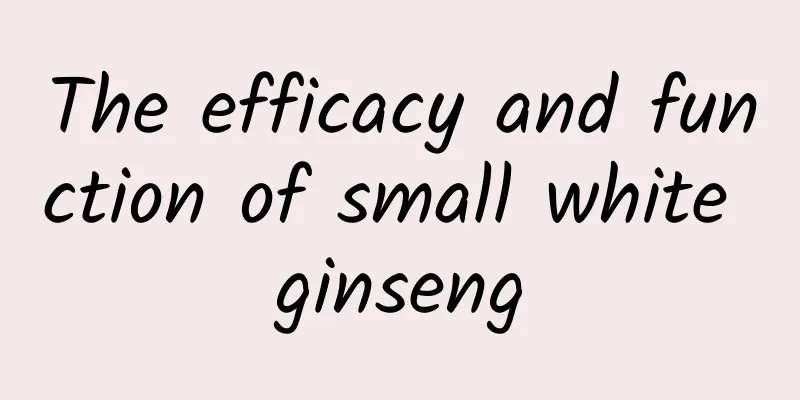Can money grass be taken for a long time? What are its side effects?

|
Although Centella asiatica has many medicinal effects, if people take it for a long time or do not control the dosage, it can easily bring many side effects, causing the patient's vital energy to be damaged and the disease to worsen. It can be seen from this that long-term use of Centella asiatica is not advisable. Side effects of moneywort All medicines are poisonous to some extent. No medicine can be taken for a long time. Centella asiatica is a diuretic and stranguria medicine. It does not have the function of expelling or eliminating stones itself. It only uses the diuretic and stranguria effect to pull out stones. Long-term use will damage the body's vital energy. Not only will it fail to expel stones, but it will affect stone excretion and continue to form stones. The efficacy of money grass Clears away dampness and heat, relieves stranguria and reduces swelling. It is used for hot stranguria, sandy stranguria, painful and difficult urination, jaundice and red urine, carbuncles, furuncles, snake bites, hepatobiliary stones, and urinary tract stones. It is used for hot stranguria, especially for treating stranguria with stones. It can be boiled alone and taken as tea, or used together with sea sand, chicken gizzard lining, etc. It is used for damp-heat jaundice and can be used together with Artemisia capillaris and Gardenia jasminoides. Modern treatment of cholelithiasis uses a combination of Artemisia capillaris, Scutellaria baicalensis, and Costusroot. For carbuncle, swelling, snake and insect bites, burns, etc., you can mash fresh Centella asiatica into juice and drink it, and apply the residue to the local area. The role of money grass Used for hepatobiliary stones, urinary tract stones, stranguria and jaundice. Centella asiatica has good effects in clearing dampness, relieving jaundice, removing stones and relieving stranguria. It can treat liver and gallstones and jaundice. It can be used alone as a decoction instead of tea, or combined with Artemisia capillaris, Curcuma aromatica, rhubarb, etc. to enhance the effects of clearing the liver and gallbladder and removing stones. I believe that through the above learning, our friends will have a deeper understanding and a more standard answer to the question of whether Moneywort can be taken for a long time. Of course, what I want to tell you is that in life we must understand the principle that everything will turn into its opposite when it reaches its extreme. That is, no matter how good something is, we cannot possess it in excess, otherwise it will turn a good thing into a bad thing. |
<<: Can mulberry root reduce the three highs? Recommended recipes
>>: Side effects and medicinal effects of moneywort
Recommend
How many times a day should I take kudzu root powder?
There are many functions and effects of Pueraria ...
Relying on yourself for everything is a sign of a person who has been hurt
From childhood to adulthood, I believe many peopl...
What effect does chestnut shell have on the human body?
I believe that almost everyone has eaten chestnut...
More strange knowledge: not all squirrels are vegetarians!
Produced by: Science Popularization China Author:...
Pharmacology of Strawberry Saxifrage
Strawberry Saxifrage is a perennial herb with sle...
There is no way to catch them all! Why are power plants so afraid of "jellyfish infestations"?
A bumper harvest of jellyfish brought an unexpect...
Price of Ganoderma lucidum spore powder
As a traditional and important local specialty, w...
What are the effects of Angelica Extract?
Angelica sinensis is a perennial herb. It is main...
The efficacy and function of Dishe
Traditional Chinese medicine requires the use of ...
The diversification of online travel platforms has led more and more people to choose rural travel?
Compared to the overall tourist accommodation mar...
The efficacy and function of heart-leaf wild crabapple
Although Western medicine and Western drugs are m...
What are the dangers of electroacupuncture?
With the continuous development of science and te...
Descending 4,300 meters in 7 minutes, large spider-web cracks appeared on the windshield... How to quickly master the rules of airplane escape?
Yesterday (February 19), Juneyao Airlines From Sh...
What are the functions of walnut wood?
Walnut distraction technique is actually the bitt...
How to use social platforms to attract millennial tourists?
If travel agencies want to attract more millennia...









